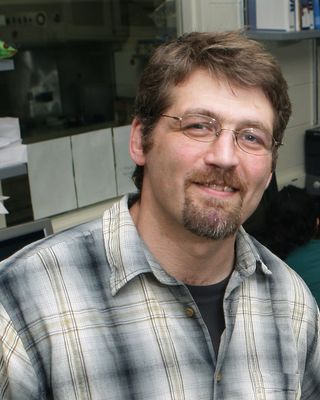South Africa
DREAM of Malaria: Open Challenges Driven Innovation for Malaria Research and Drug Discovery
The DREAM of Malaria project seeks to harness the potential of open challenges for solving computational biomedical problems to malaria, a disease where large-scale computational modeling lags behind other diseases such as cancer. We hope to use open challenges as means to attract computational expertise conventionally inaccessible to the malaria community to accelerate the pace of predictive modeling for malaria basic science and drug discovery. This project involves many institutions and scientists throughout the African continent. Specifically, we currently work in 2 main areas:
- Developing predictive models for understanding mechanisms of artesiminin drug resistance emergence, potential new artemisinin partner drugs through an open challenge, DREAM of Malaria
- Engaging young scientists across Africa in a ‘hands-on’ approach to advancing malaria research through active engagement in predictive modeling of malaria datasets through hackathons in partnerships with the H3Africa Bioinformatics Network (H3ABioNet)
Research Focus
-
Computational Science
Computational science is a multidisciplinary field that utilizes advanced computing to understand and solve complex problems. Researchers at the EIGH develop computational models, hardware, software, data management, and more to tackle a variety of global health concerns.
-
Genetics and Genomics
One way to study certain diseases is through genetics - the study of heredity and the variation of individual inherited genes in an organism. At the EIGH, this means studying how organisms can inherit and spread certain diseases. Additionally, by analyzing the entire structure, function, and evolution of an organism's genes, researchers may identify ways to prevent a disease from genetically passing disease traits.
-
Infectious Diseases
At the EIGH, our researchers work to combat a number of various illnesses, including infectious diseases caused by organisms like bacteria, viruses, fungi, and parasites. These diseases can also be spread from one person to another and may be transmitted from animals to humans.
-
Molecular Biology and Microbiology
Researchers at the EIGH use microbiology, which encompasses the study of an entire microorganism, and molecular biology, or the interactivity between molecules within a cell of an organism, to better understand disease and improve global health.
Who’s Involved
EIGH Faculty
GLOBAL PARTNERS
- DREAM Challenges
- H3Africa Bioinformatics Network
- IBM Research Africa
- University of Cape Town
Additional Information
Publications
Ghouila, A., Siwo, G.H., Entfellner, J.D., Panji, S., Button-Simons, K.A., Davis, S.Z., Fadlelmola, F.M., DREAM of Malaria Hackathon Participants, Ferdig, M.T., & Mulder, N. Hackathons as a means of accelerating scientific discoveries and knowledge transfer.
